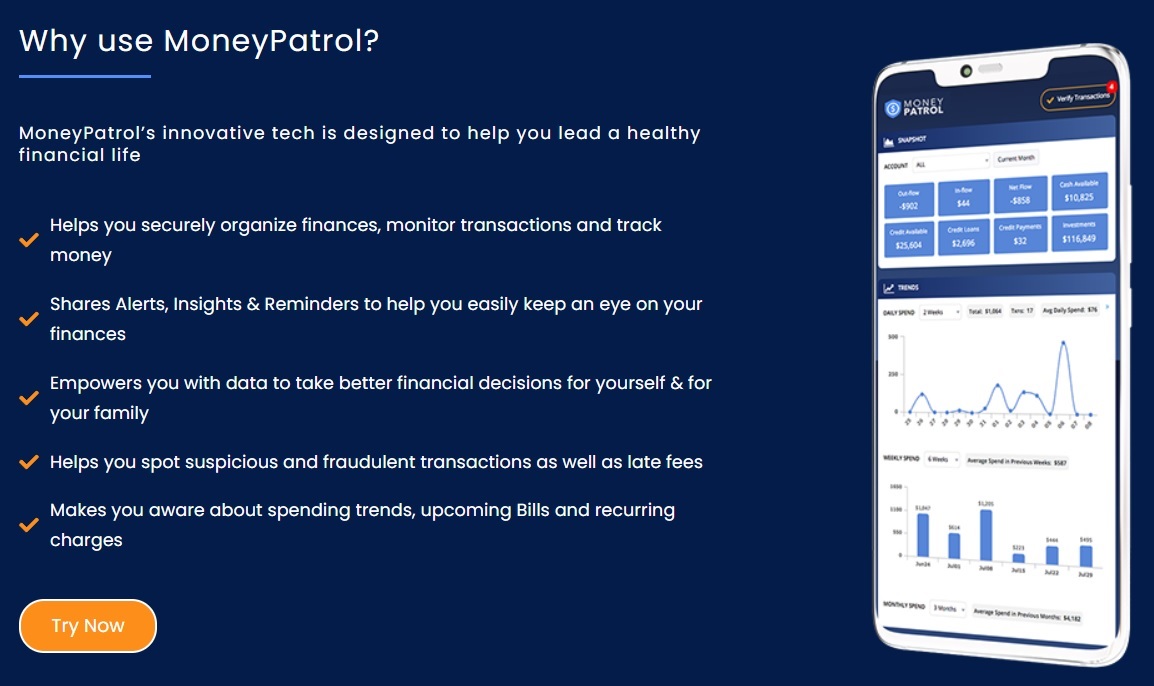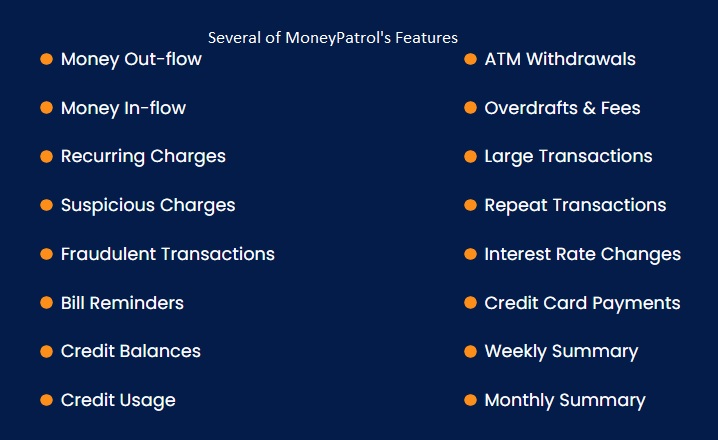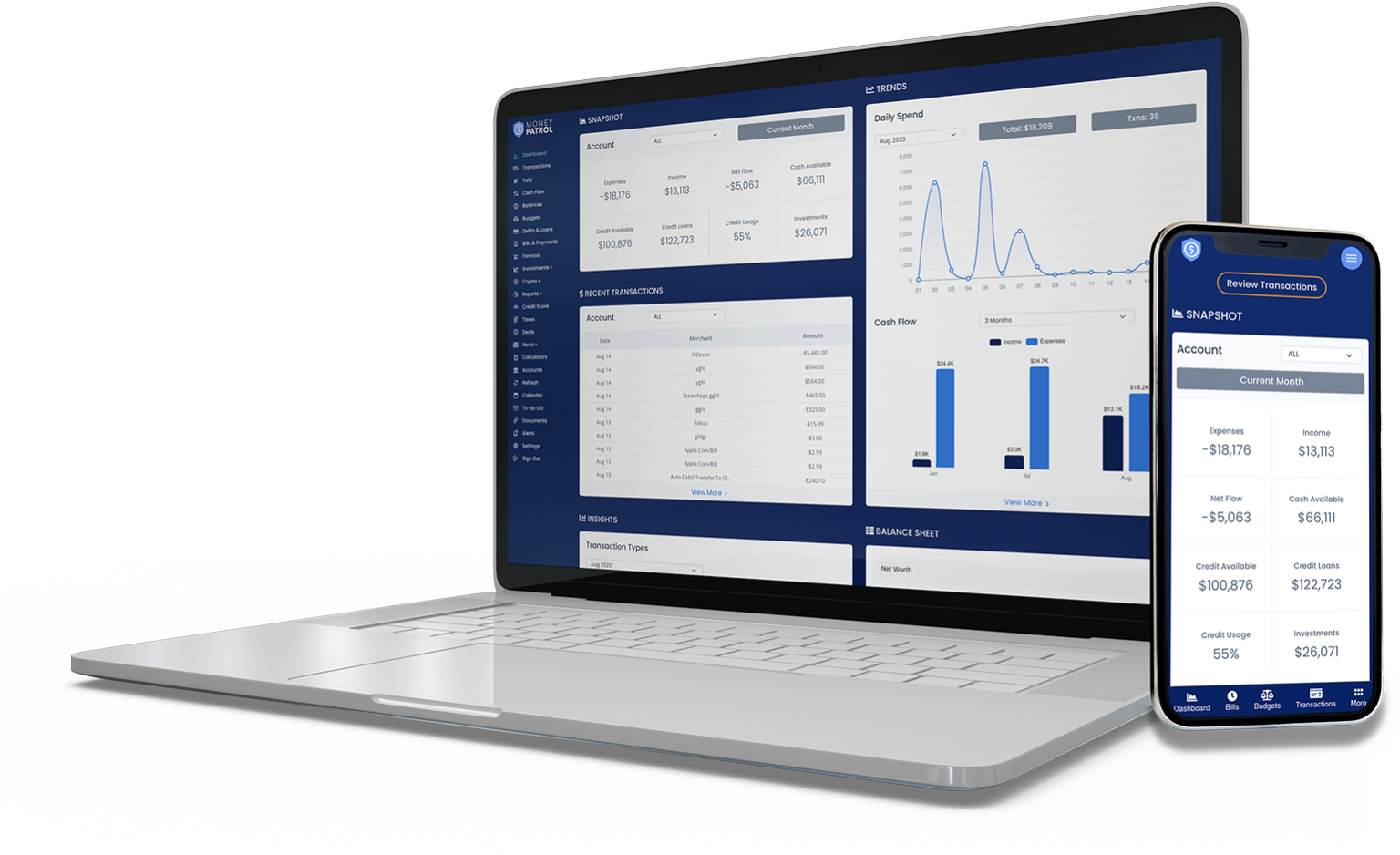Medical identity theft happens when someone uses another person’s name or insurance information to obtain medical treatment or prescriptions, according to the Federal Trade Commission (FTC). Medications or surgery. It can also happen when dishonest medical personnel uses another person’s information to benefit themselves. False bills are submitted to insurance companies.
There is another vicious kind of crime called ‘medical identity Theft’, which is an offspring of identity theft. Medical identity theft occurs when a criminal steals your personal health information and uses it without your consent or knowledge. The identity thief may use this information to obtain or receive payment for medical treatments.
Information that is stolen can be used to steal expensive medical services – even surgeries – and even go ahead to obtain prescription drugs or to even acquire medical devices such as wheelchairs. It can also be used to falsify insurance claims or to acquire government benefits such as Medicare or Medicaid. The list of what can do with a piece of hijacked medical information is endless.
The personal information that is usually required includes social security number, health insurance number, email address, etc.
1. What is Medical Identity Theft?
Medical identity theft happens when someone uses another person’s name or insurance information to obtain medical treatment or prescriptions, according to the Federal Trade Commission (FTC). Medications or surgery. It can also happen when dishonest medical personnel uses another person’s information to benefit themselves. False bills are submitted to insurance companies. Medical Identity thieves bill your health plan for fake or inflated treatment claims. Often times the information is stolen by employees at medical facilities because they have easy access to such information and they know how the insurance billing system works. Organized theft rings also are involved. They buy stolen patient information on the black market and set up fake clinics to make bogus claims against the health policies of honest consumers. Medical personnel with access to your data may use your identity to obtain prescription drugs to sell or feed their own addictions. Dishonest pharmacists might bill your policy for narcotics, or nurses may call in prescriptions in a patient’s name but pick it up themselves. Medical Identity theft can cause serious and long-lasting damage. Recovering can take years. Thieves often ring up large hospital bills in your name, then disappear without paying. This can ruin your credit. Straightening out inaccurate credit records can take months or even years of time-consuming headaches.- Meanwhile, you could be hounded by bill collectors, turned down for loans or mortgages, and forced to pay higher lending costs. You also could lose jobs; some employers check a candidate’s credit history.

2. Why Is Medical Identity a Serious Problem?
According to an FBI presentation, the stolen health insurance information on the black market sold for $60-$70, whereas a Social Security Number sold for less than $1.
The fact that the majority of hospital IT leaders rely significantly on traditional security solutions such as firewalls, audit logs, and data encryption is one contributing cause. Technology cannot provide a sufficient defense on its own. Protecting patient data necessitates a comprehensive program that includes clear proactive rules, personnel education, and compliance verification using digital solutions.
Fraud is a severe and growing problem across all industries, but healthcare has been affected the worst.
Medical identity theft has a significant financial impact, costing the healthcare business more than $30 billion each year. Patients, on the other hand, suffer financial penalties as a result of fraud, with an average cost of $13,500 to rectify these difficulties.
In 164 documented instances in 2014, roughly 9 million patient health records were compromised. That number had risen threefold by March 2015. In fact, it’s predicted that one out of every three health records was hacked in 2016.
There aren’t only monetary costs. Medical identity theft can lead to treatment delays, misdiagnosis, and ineffective care. The imposter’s health data is blended with the identification of the real patient, resulting in major health data mistakes that can be life-threatening.
Medical identity theft, more than any other type of identity theft, has eluded surveillance, deterrence, and cleanup attempts. This crime has a history of causing severe and often long-lasting pain to its victims, and it has left a trail of grieving victims.
In a 2006 paper, the World Privacy Forum (WPF) revealed the breadth of harms caused by medical identity theft, which was the first significant report on the subject. WPF established the phrase “medical identity theft” and identified a crime that was essentially a subset of healthcare fraud in this paper.
- According to the findings of a new Accenture survey released in 2017. 26% of US consumers have had their health records stolen from healthcare information systems.
- As per the statistics, 50% of people who had their data breached were victims of medical identity theft and had to spend an average of $2,500 in out-of-pocket expenditures each event.
- Furthermore, the survey of 2,000 U.S. consumers discovered that breaches were most likely to occur in hospitals cited by 36% of respondents who experienced a breach, followed by urgent-care clinics i.e., 22%, pharmacies 22%, physicians’ offices 21%, and health insurers 21%.

- 50% of consumers who were affected by a data breach discovered it on their own, thanks to social media.
- According to the survey, 50% of consumers who experienced a data breach discovered it on their own after noticing an error on their credit card statement or reimbursement clarification.
- Whereas only 33% were alerted by the organization where the breach occurred, and only 15% were alerted by a government agency.
- Despite all of the breaches in healthcare, the poll found that much more customers trust their healthcare provider (88%) and payer (82%) to keep their healthcare data secure than they trust health technology corporations (57%) or the government (56%) to do so.
- While more than four out of five customers (82%) want to be involved in keeping their healthcare data secure, only over two-thirds (64%) say they were currently involved.
4. How do you know if your medical identity has been stolen?
- Unexplainable expenses in a bill for medical services are one of the earliest signs of medical identity theft. You might also receive a letter or phone call from a debt collector inquiring about a medical debt that does not belong to you.
- Fraudulent health insurance claims can max out your health policy limits. This can leave you with no coverage when you have a medical emergency or need an expensive operation or other treatment.
- Other signs include an unfamiliar medical collection notice of your credit report or mistakes in your medical record.
5. What should you do if you are a victim of medical identity theft?
- When you’ve discovered that you are a victim of medical identity theft, try to determine which information was used by the thief to access your medical treatment.
- Obtain copies of your medical records and search for any discrepancies. After you’ve obtained a copy of your medical records, contact every health care provider where your personal information was used such as hospitals, pharmacies, laboratories, and so on.
- Send all information documenting the identity theft to the medical billing department and collection agencies involved.
- Send a request in writing to your medical insurance providers to correct your medical record. You will need to prove that your medical record contains invalid items.
- File a medical identity theft complaint with the Federal Trade Commission (FTC), which handles all types of identity theft.
- File a police report with the department that has jurisdiction in your case.







 Our users have reported an average of $5K+ positive impact on their personal finances
Our users have reported an average of $5K+ positive impact on their personal finances
